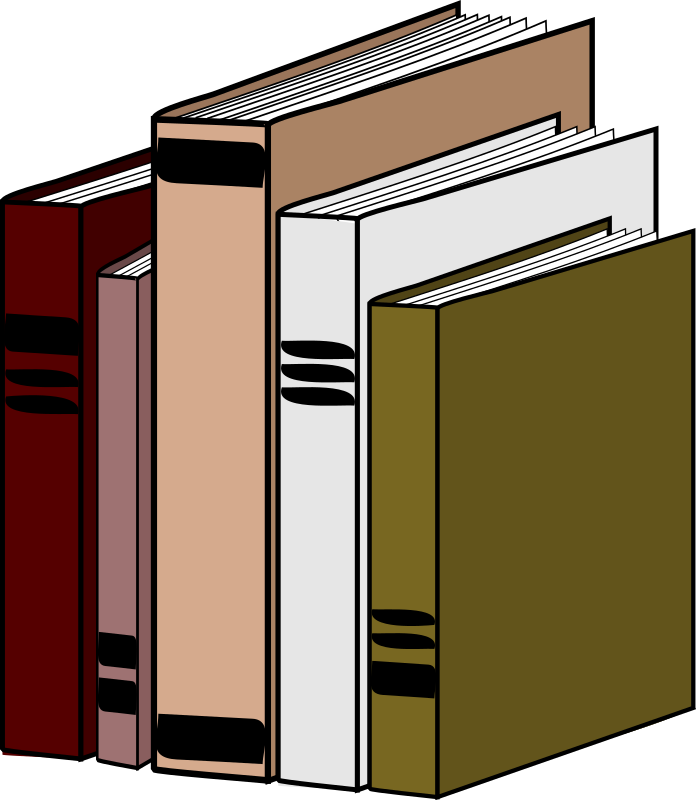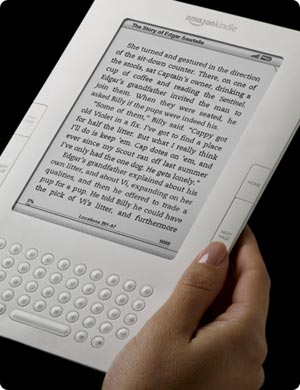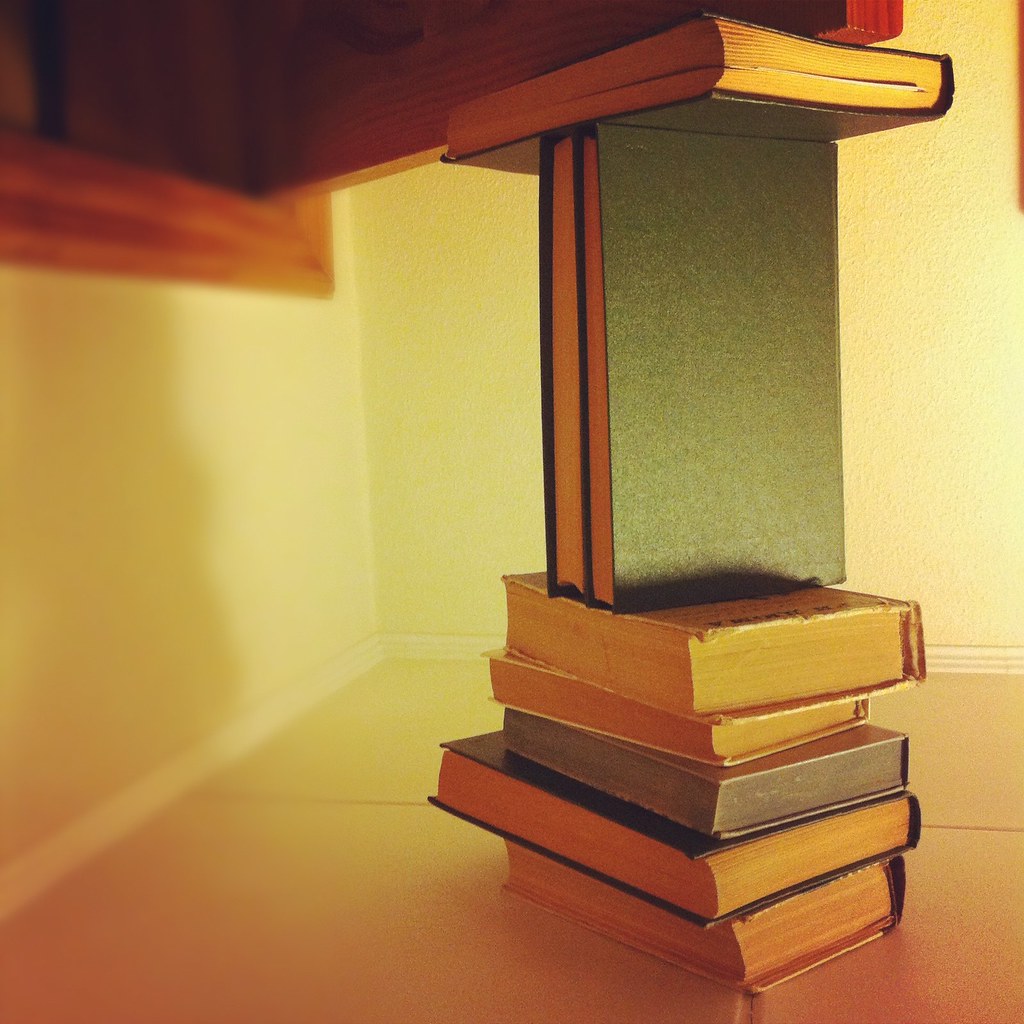You'll notice that there's no question mark at the end of the post's title. It's because I already know why the classics are classics. And unless you know it, too, your book may not be regarded as a classic 50 years from now.
Why I Don't Like 'Wuthering Heights'
Look, I've got nothing against any of the Bronte sisters. I, too, am touched by their tragic story. But I've made it very clear -- sometimes through my characters -- that I don't particularly care for "Wuthering Heights" as a story. I find it impossible to believe and the plot drags along. The point is, this book is a classic. And like many other classics, it has a few key elements in place that have made it so popular. Even though I didn't like it, many people do. So what elements make it so great?
























